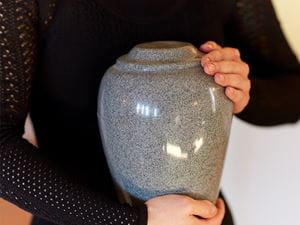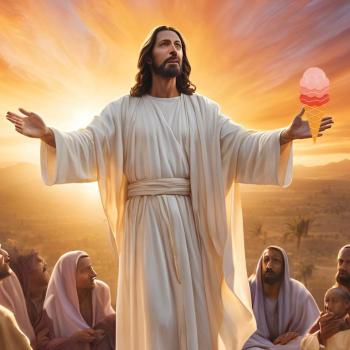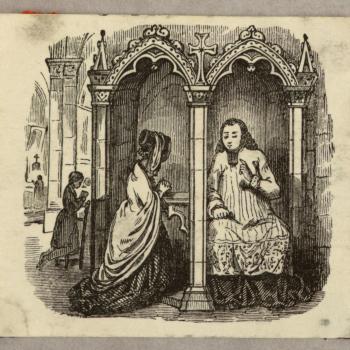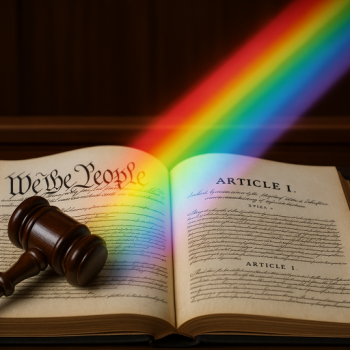
While many Jews do choose to have their remains cremated, the burning of a corpse after death has not traditionally been embraced by Jewish communities. Many rabbis believe the act of cremation is, in fact, prohibited, and some Jewish cemeteries might have particular policies around burying the urn of a person who chose to be cremated instead of buried.
Instead, the traditionally ideal religious burial for Jews is to be buried in the earth. In fact, traditional Jewish sources advocate for burying people as close to the earth as possible, in order to facilitate a quicker process of body decomposition. This is seen as advantageous because it better fulfils the biblical verse of Genesis 3:19, which says of human beings, “dust you are and to dust you shall return.” Returning to dust is thus seen as the ideal process for the dead body. In countries where burying wrapped bodies directly into the ground is prohibited, Jews are encouraged to be buried in a plain wooden coffin, often made of pine, which will decompose very quickly. Jewish sources will discourage people from choosing to be buried in coffins which will endure for long periods of time, such as those made of metal or limestone. In countries with different regulations, Jews may choose to be buried directly in their traditional burial shrouds.
The significance of burial in Jewish law is also part of a broader theological worldview which emphasizes body integrity as a sign of respect for the dead. Theologically, Jewish sources have traditionally emphasized a series of rules and practices around treating the dead body with respect, and these include extensive rules about not harming or otherwise mistreating the dead body. In this context, the act of cremation is sometimes viewed as a destructive process that harms the body and, thus, goes against the sacred obligation to honor the corpse. Mutilation of the dead is considered a very serious offense in Judaism, and therefore there is cultural resistance in some parts of the Jewish world to cremation, in addition to a religious objection. For example, before burial, the Jewish body is washed and wrapped in burial shrouds by trained community members in an intricate process that is meant to demonstrate full respect for the body. Some Jewish leaders believe cremation, which does not allow for this process of preparing the body is, therefore, not advisable.
Another cultural reason that some Jews today are resistant to cremation is the association of the practice with the Holocaust, where cremation was a traditional method of murder in the death camps. This association has made the practice of cremation, which was already not a traditional Jewish practice, even less popular in recent decades.
While traditionally observant Jews will often view cremation as forbidden in Judaism, there are still many Jews who choose to be cremated once they die. This could be for many reasons. Cremation is cheaper, considered by some to be more ecologically sensitive, and allows someone to forgo burial in a traditional cemetery. Jews practice their Judaism in many different ways, and this is true when it comes to how they deal with their dead.
Learn more about Judaism here.1/17/2023 7:35:43 PM










